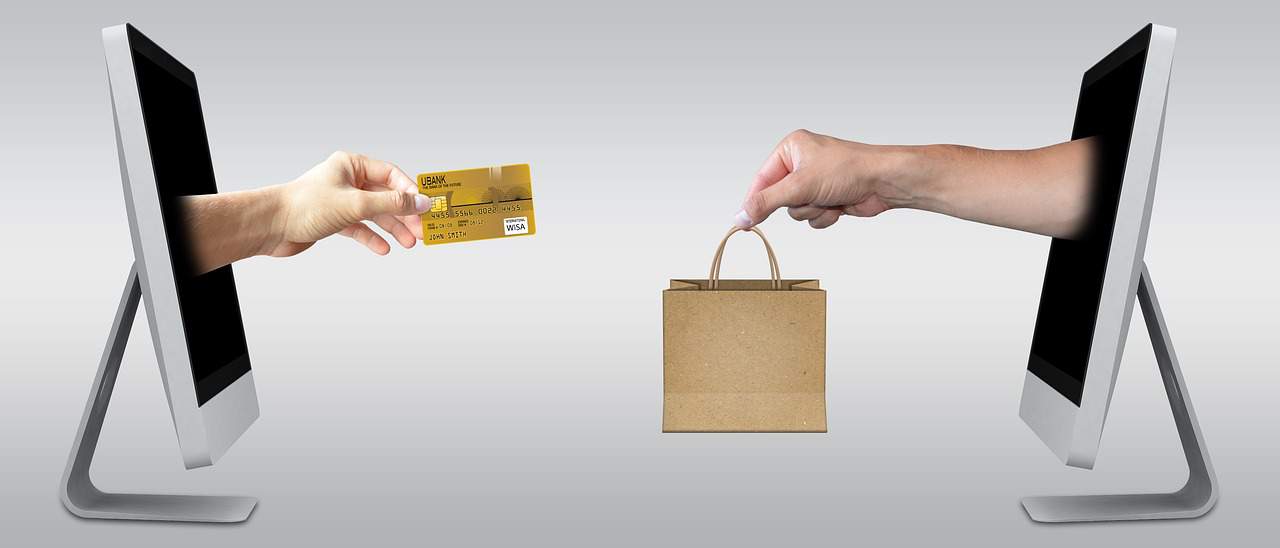93% of Hungarians with internet connections have made a purchase online – SURVEY
Budapest, 30 November 2018 – Online purchasing of packaged and fresh groceries has surged by 15% in the past two years, with an increase in consumers’ confidence within the online buying ecosystem leading to purchasing in a broader range of categories, according to a new report by global measurement company, Nielsen. 93% of Hungarians with internet connections have made a purchase online, the top categories are fashion and travel but restaurant deliveries are on the rose as well.
The 2018 Nielsen Connected Commerce Report, which looks at consumers’ online purchasing habits, reported that 95% of global consumers who have access to the internet have made a purchase online, up 1% vs 2017.
The report also revealed 26% of digital consumers purchased fresh groceries online, an increase of 15% between 2016 and 2018, which is contributing to overall FMCG e-commerce growth, which Nielsen estimates increased by around US$70 billion globally in the past two years. These figures in Hungary are lower: 7 out of a 100 have purchased packaged groceries and 5 have bought fresh groceries.
Stalwart e-commerce categories fashion, travel and books continue to account for the largest proportion of online transactions (61%, 59% and 49% of consumers respectively purchased within the category). Meanwhile, the categories posting the most significant growth in e-commerce activity include restaurant deliveries, where 33% of online consumers said they made a purchase (up 2pts vs 2017), packaged groceries (up 3 pts to 30%) and fresh groceries (up 2pts to 26%).
Hungarian figures bring the global average with fashion being the leading category when it comes to online shopping (41% have bought this online), but consumer electronics came third (39%). Least popular categories were wine and alcholoc beverages and flowers or gift sets.
Chart 1: Online Category Performance (% of consumers who have purchased the following categories online [penetration])
“From tracking the e-commerce evolution in pioneering countries like South Korea where online sales now account for a staggering 20% of the total FMCG sector, we know that consumers follow a certain pattern of online shopping behaviour,” observes Pete Gale, Retailer Services, Nielsen.
“Travel, fashion and books are typical categories for first-time online shoppers, but as their familiarisation, comfort and trust levels increase, their category repertoire expands into areas like beauty, personal care and baby products, and then moves even wider afield to packaged and fresh grocery categories, and this is evidenced in the significant jump we’ve seen in online purchasing within grocery and food delivery in recent years.”
This Nielsen report reveals that consumers are more open to purchase packaged and fresh groceries online when they are offered certain purchasing options and quality assurances. Almost half (49%) of consumers said that a money back guarantee for products not matching what was ordered would encourage them to buy online. A further 45% of consumers are enticed by same day product replacement service for products not available, while 44% are looking for free delivery services for purchases above a minimum spend.
Almost half of the Hungarian consumers find free delivery and money-back guarantee appealing.
“With the rise of consumer adoption in online purchasing, the continuously evolving e-commerce space has blurred the lines between online and offline,” notes Gale. “A few years ago e-commerce purchase was focused on non-perishable goods but over time we are seeing a rise in purchases across new categories. Looking ahead, the next wave of evolution in online purchasing behaviour will likely be driven by innovations in digital capabilities like personalised recommendations based on programmatic consumption and online behavior.”
Chart 2: Top Categories Growing in Penetration
Source: nielsen.com
please make a donation here
Hot news
What happened today in Hungary – 26 July, 2024
Drama: number of births in a 20-year low in Hungary
Yay or nay? – 6 odd Hungarian delicacies that make our skin crawl
Budapest tourism “exploded” this past weekend
Container transport in Budapest may stop: How will this affect Hungarian economy?
Minister: Hungary will protect its territory by every means possible




